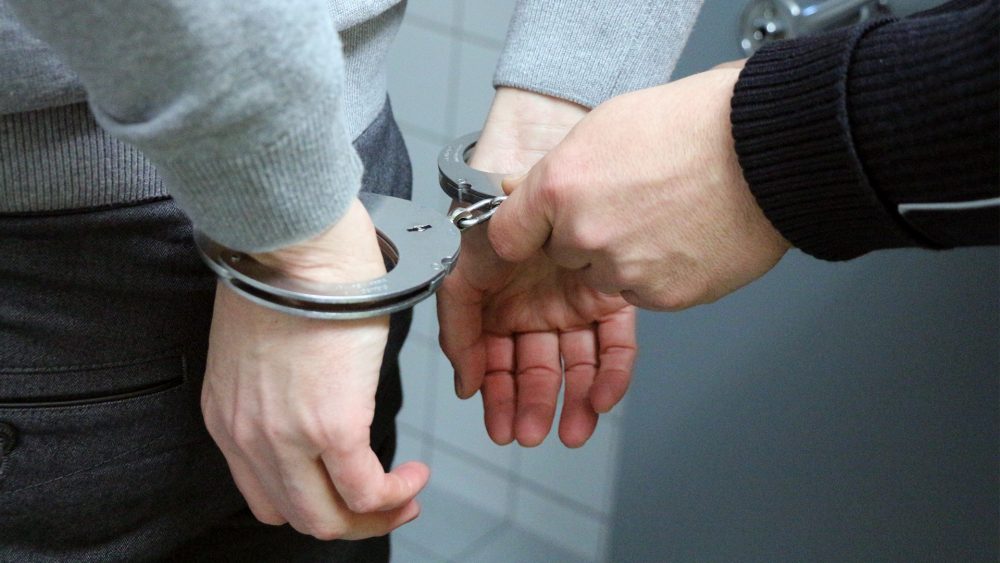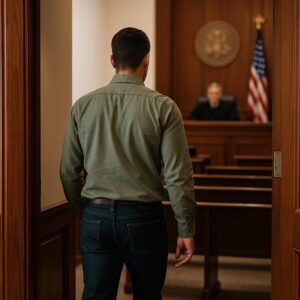There were 1.1 million people arrested for drunk driving nationwide in 2014. The numbers have stayed pretty stable over the years, up to 2018.
We don’t have the numbers for 2019 yet, but arrests are still happening every day. If you are one of the people facing DWI charges in Texas – then you have a legal battle ahead of you.
Want to get some more information about the process? Keep reading.
What’s the Difference Between a DWI and a DUI?
If you’re wondering what the difference is in that middle letter, it depends on what state you’re in. In some states, they’re the same charge, just with different vocabulary.
But in other states, a DWI is a touch less severe than a DUI – but not by much. A DUI stands for driving under the influence while a DWI stands for driving while intoxicated or driving while impaired.
To make things more confusing, there’s also an OUI – which stands for operating under the influence. This applies when you’re driving things like boats or ATVs.
Both charges, no matter the vocabulary, mean that the driver put themselves and others at risk. At unnecessary risk, with all the options available now to get a safe ride home.
DUI vs DWIs in Texas
In Texas, a DWI is what you’ll likely be charged with for driving under the influence. It’s controlled by Penal Code Section 49, and has to be when someone is driving a motor vehicle in a “public place”.
Your BAC must be .08 or higher, though the cop can choose to use field tests instead of giving you a breathalyzer.
DUIs, on the other hand, are different. You’re more likely to get charged with a DUI if you’re a minor. It’s like a minor in possession charge combined with a DWI.
Since minors can’t legally drink, they can get DUI charges even if their BAC is under the legal limit of .08. A DUI can also be issued if the minor is under the influence of another substance, like marijuana.
A DUI in Texas is a Class C misdemeanor, which ranks it as “less severe” than a DWI – which is ranked as a Class B. If the BAC of the person is really high, then it can increase to a Class A misdemeanor.
If anyone was harmed in the event of someone driving drunk, then the charge becomes a third-degree felony.
All degrees of of DUI can land you jail time and fines in the thousands.
Being Pulled Over for a DWI: What Happens?
If you’re pulled over by a cop, they have a number of reasons they can say they suspect you of drinking. Even if you were pulled over because of something unrelated, like a broken tail light.
When they come up to your car, they’ll assess your eyes, and if they appear unfocused or glassy – that gives them enough proof to test if you’ve been drinking.
Refusing a breathalyzer isn’t a good idea – whether you’re under the influence or not. If you’re sober, you have nothing to hide and if you are under the influence, you’re only putting off the BAC test for a few hours by refusing one “on the field”.
If you blow a .08, then you’re legally drunk and you can get a DUI. If the number is lower than that but higher than .02, you can get a DWI.
Even if you were driving safely – at least, in your opinion.
First Offense DWI Charges
If you’re pulled over, tested, and come up positive for alcohol (0.2 and above for minors), at or above .08, you’ll get a DWI charge.
You may spend the night in holding until you’re processed and released on bail. As long as you had less than a .15 BAC, your fine should be capped at $2,000.
Even if it’s your first offense, you may still serve jail time. It can be anywhere from three days to 180 days.
You’ll lose your license as well, for at least 90 days and up to a year.
The higher your BAC was at the time of your arrest, the harsher your punishment will be.
Regardless of your BAC – you’ll want a lawyer to help walk you through this process. A lawyer can’t take what you did and make it go away, but they can get you more lenient circumstances.
Second Offense DWI Charges
If it’s your second time being arrested for driving while intoxicated, you’ll pay more and you’ll spend more time in jail.
Your second charge is processed as a Class A misdemeanor, and you could pay up to $4,000 in fines. Your jail time could be anywhere from 30 days to two years, depending on the severity of your case.
You’ll also lose your license, for up to a year or even two.
Third Offense DWI
If you get to a third offense, you’re going to spend a minimum of two years in prison and or pay up to a $10,000 fine. The government takes this repeat behavior seriously and you will lose your license for up to two years.
You won’t just go to jail in this case – you’ll go to prison. Jail is not as severe and the sentence to jail is typically less than one year and it’s run by the county. Prisons, on the other hand, are run by the state.
Your third offense will be a felony, which means you can’t buy a gun or vote in the future.
Getting a Lawyer Who Can Help
Your lawyer can’t go back in time and keep you from driving while intoxicated, but they can help you get a lighter sentence. For example, if you have a first offense DWI, you can apply for “non-disclosure” which hides your criminal record.
But in exchange, you’ll have to buy and install an ignition lock on your car for six months. Your attorney will know more about how to access this program.
Attorneys can also argue down fines and reduce the time you’ll spend in jail – so it’s worth having an expert by your side.
Ready to get help for your DWI charges? Click here.





